President Bola Tinubu’s emergency proclamation in Rivers faced a major hurdle on Wednesday after lawmakers failed to attend the plenary.
Section 305 of the Nigerian Constitution mandates ratification of the president’s state of emergency directive with two-thirds of votes in the House of Representatives and the Senate, which was be done within two days of the order. Mr Tinubu announced the removal of Governor Simi Fubara of Rivers on Tuesday evening, promptly replacing him with a retired military chief Ibok-Ete Ekwe Ibas.
But the lower parliamentary body convened on Wednesday morning with less than 80 lawmakers present.
According to Peoples Gazette citing roll call, the attendance was short of the 120 members needed to form a simple quorum in the 360-member legislature.
The House rules require a one-third quorum to take any binding action that could withstand a legal challenge in federal courts. A plenary that is not attended by up to 120 lawmakers can only pass resolutions, hear petitions, and debate motions and similar activities that carry no enforcement mechanism.
The House has the emergency proclamation listed on its business today under messages from the president.
Lawmakers said the House could still vote on the matter without a quorum, but it would be an illegal action that could easily struck down in courts.
“People have been debating whether the president has powers to declare emergency rule in the first place,” a lawmaker said. “Purporting to ratify the state of emergency without a quorum of the House will only compound the illegality and make the atrocity even more transparent to all Nigerians,” the online newspaper quoted a source in the House of Reps.
Many lawmakers stayed away to avoid going on the record supporting what constitutional scholars have widely condemned as brazen illegality, says the report.
The Nigerian Constitution authorised the president to declare an emergency in all or parts of Nigeria, but no provision allowed the removal of a state governor by the president.
In 2013, former President Goodluck Jonathan invoked similar powers to take over security in Boko-Haram-ravaged Borno and Yobe states. Still, he left their respective elected governors and democratic institutions in place.
Mr Tinubu, the opposition leader back then, condemned Mr Jonathan’s action. He, however, now defends his rights to invoke the same constitutional provision in an even more expansive dimension.
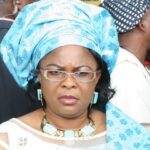
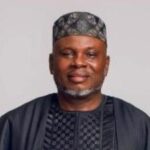
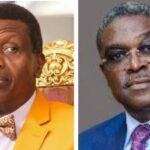


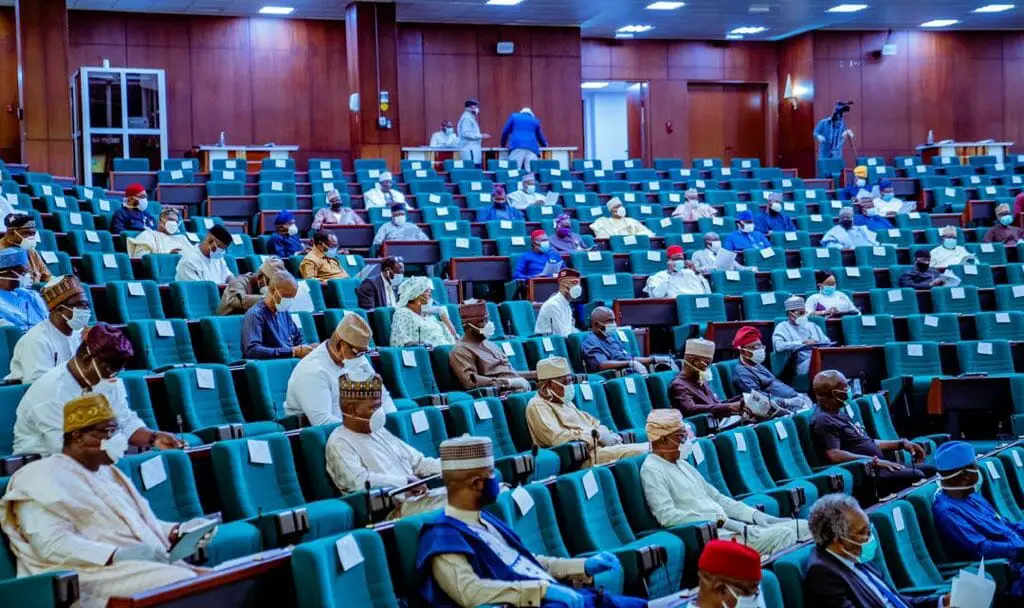
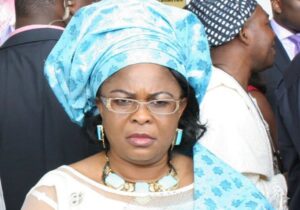
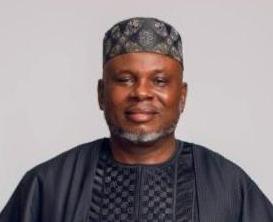
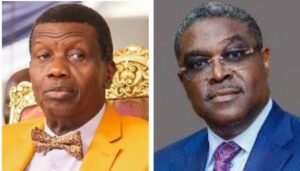
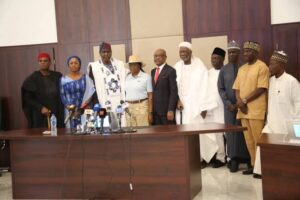
More Stories
NBA intervenes, as detention of 15 domestic aides accused of theft from ex-First Lady Patience Jonathan, lingers
Church elder reveals how Adeboye banned Iluyomade from stepping into RCCG, called members who defected demons
Justice Dongban-Mensem acceptance of Wike’s appointment as BOT chair of IBB Golf Club is judicial misconduct, says Odinkalu